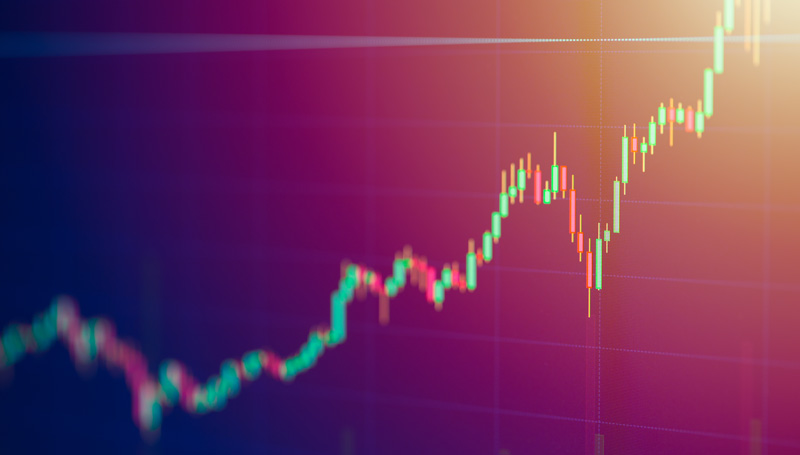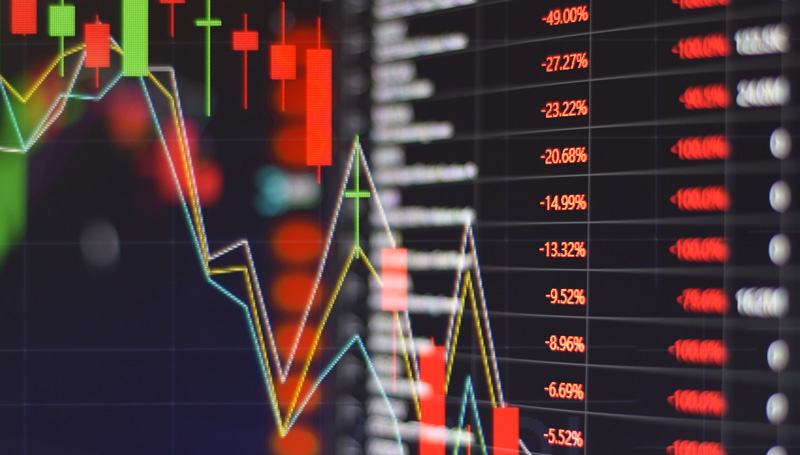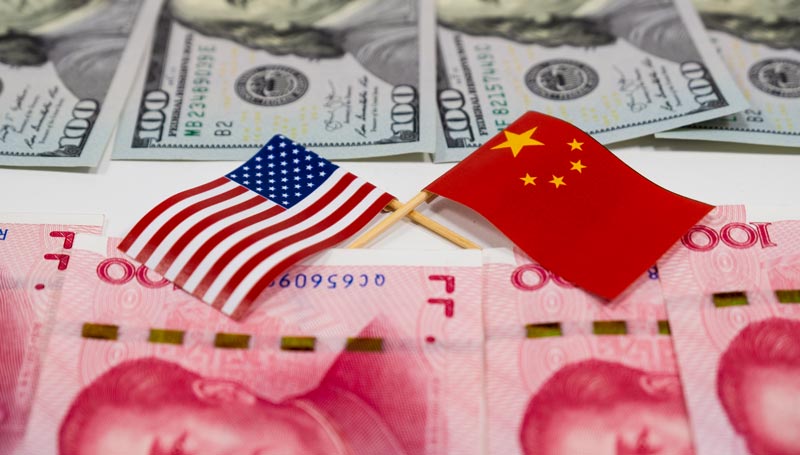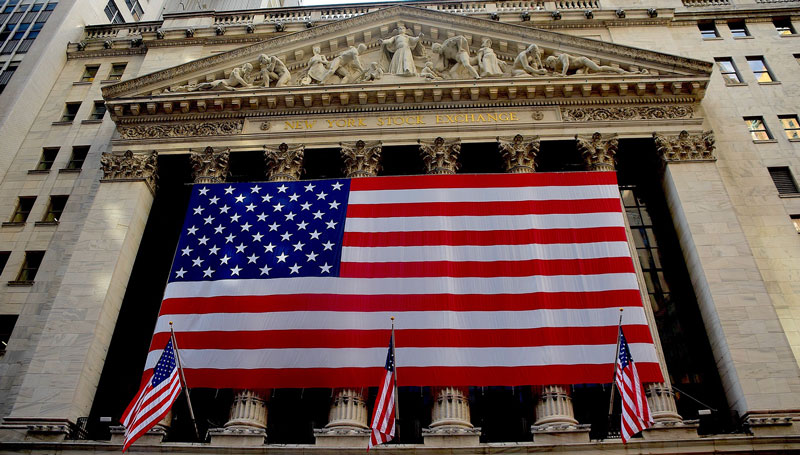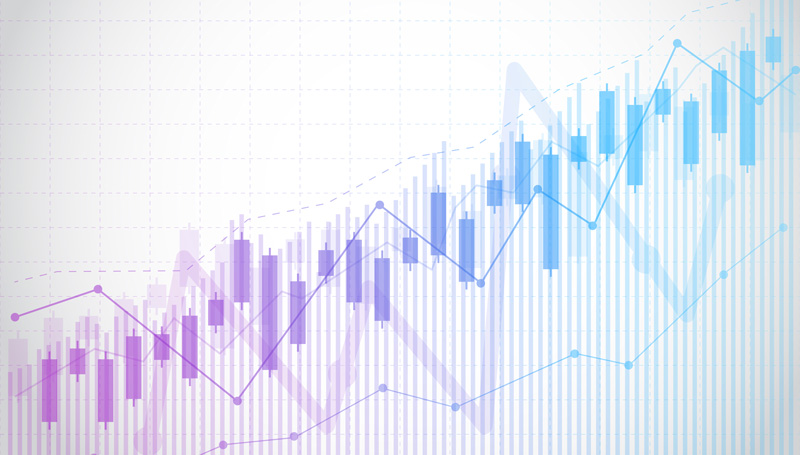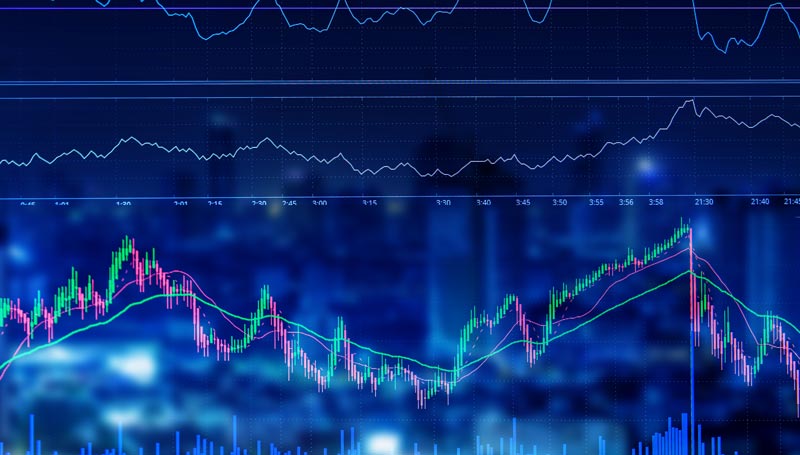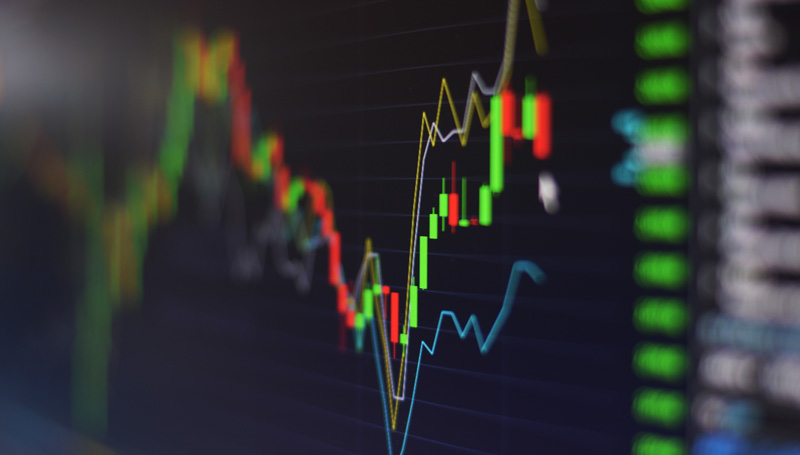
16.08.2019 – Special report. The gold price has recently risen strongly and marked a six-year high. Silver was also in stronger demand again. No wonder: in the newly burgeoning fears of recession, many investors are rhyming together that the world’s central banks are continuing to flood the economy with cheap money. Zero interest rates and rising inflation are the perfect brew for a strengthening of precious metals. But now a European agreement that limits gold sales is coming to an end. We shed light on the pros and cons of gold.
Low interest rate boosts gold price
The price of gold recently remained at the magic level of 1,500 dollars per ounce. Gold was recently more expensive than it has been since 2013.

Above all, the announcement by Fed Chairman Jerome Powell at the beginning of June that monetary policy would be relaxed had sent the price of gold up. As the GoldCore blog correctly noted, US President Donald Trump was also responsible for the yellow metal’s buying mood. Trump called the Federal Reserve “unsuspecting” and “crazy” and once again demanded lower interest rates. The head of the White House had also boosted demand with his jumble of protests in Hong Kong about the customs dispute with China. Because when a trade war rages, the economy suffers.
Fear of recession everywhere
The alarm bell was sounding about fear of recession. Yields on long-dated US bonds fell briefly below those of short-term bonds. For the first time since the financial crisis of 2007, the market saw an inverse yield curve. In an imminent trade war with the USA, China would also have to support its domestic economy with increased government orders or subsidies. Or Beijing would simply print more yuan to pay civil servants. The result is rising inflation. But this would devalue the reserves of the new Chinese middle class – the leadership fears unrest. So Beijing must offer real assets to suck liquidity out of the market. Remains real estate and gold. The demand for gold in the private market remains strong in the People’s Republic, where there are huge jewellers who only sell gold – gold coins, bars or gold statues.
China restricts gold imports
Reuters has just reported, citing anonymous sources from the West, that China is restricting imports of gold. Import banks receive monthly import quotas from the Chinese central bank. These have now been trimmed or not even issued after several assembly steps. In June and July “almost nothing” was imported by the banks, it was said.
The Chinese central bank probably wants to sell its own gold in order to withdraw yuan from the domestic market. At the same time, the restriction supports the domestic currency because no yuan is exchanged for dollars and then for foreign gold.
Europe on the brink of a downturn
In Europe, too, there is fear of the downturn. The head of the Finnish central bank recently called for a noticeable easing of the ECB’s monetary policy: “It is important that we present a comprehensive and effective package in September,” Rehn told the Wall Street Journal. With regard to the financial markets, it is also better to exceed expectations than to disappoint.
Gold deal CBGA expires
In view of the announcement of inflation, is it a coincidence that Europe is focusing on gold right now? The question as to whether we are buyers or sellers is still open. The Central Bank Gold Agreement (CBGA) is due to expire at the end of September. The agreement limited the amount of gold that the Europeans could sell, it was concluded in September 1999 and was extended again and again at intervals of around five years. On 26 July, the European Central Bank (ECB), the Swedish Riksbank and the Swiss National Bank announced at the same time that there would be no fifth CBGA. The market has changed in terms of maturity, liquidity and investor base, it was said cryptically.
Will Europe buy or sell gold now?
So will Europe throw precious metals onto the market on a large scale in order to profit from the high price – and perhaps use them to finance economic stimulus programmes? Or is the end of the agreement the carte blanche for each central bank to act as it pleases? And, if necessary, will it protect itself against currency devaluation by buying more gold?
BullionStar, the gold trader, sees the announcement on the CBGA’s withdrawal in his blog as confirmation that Europeans will start buying gold; unfortunately, he does not support this self-interested thesis. According to BullionStar, European central banks have held back as gold buyers in the decade from 1999 to 2019. Russia, China, India, Turkey and Kazakhstan, on the other hand, made strong purchases. The World Gold Council confirmed that purchases from central banks and healthy demand from index funds in the first half of the year were the driving forces behind gold demand.
Long: Gold as a sponge for inflation
One possible conclusion from all this: gold is the preferred choice, especially for the central banks of the emerging countries, in order to mitigate the consequences of the inflation rate. In India, gold ownership was allowed again from 1990 onwards, in China from 2003 onwards. In other words, precisely in the years following the fall of communism, when the two countries experienced an unexpected upswing, fresh money flowed into the country and prices shot up. In the West, too, gold protects citizens from the consequences of helicopter money, monetarisation and low interest rates.
Moreover, gold is a stateless currency, unlike the dollar or the euro. No government is in charge here, no central bank can devalue the metal. This is why gold is often bought by authoritarian rulers – little surprising that Russia is increasingly bunkering gold and repulsing US government bonds. Those who follow this argument now buy gold, or silver as a substitute, or, analogously, buy long in CFDs.
Short: Gold finances economic stimulus packages
Another possible conclusion: Europeans are using the bull market to sell their gold stocks to finance government spending. Perhaps directly to the domestic middle class via coins and bars; perhaps in large quantities to Russia, India or China. Or both. There are enough huge holes in the national budgets – catchwords are nursing crisis, refugee crisis, pension gap. With sales, Europe would depress the price of gold. Those who believe in it will go short.
Whichever way you look at it – Europe is likely to be highly volatile from autumn onwards. The CBGA agreement was signed by the Bundesbank, Banque de France, Banca Italia, De Nederlandsche Bank, National Bank of Belgium, ECB, Swedish Riksbank and the Swiss National Bank. We are keeping an eye on the matter.
Bernstein-Bank wishes you successful trades!
Important Notes on This Publication:
The content of this publication is for general information purposes only. In this context, it is neither an individual investment recommendation or advice nor an offer to purchase or sell securities or other financial products. The content in question and all the information contained therein do not in any way replace individual investor- or investment-oriented advice. No reliable forecast or indication for the future is possible with respect to any presentation or information on the present or past performance of the relevant underlying assets. All information and data presented in this publication are based on reliable sources. However, Bernstein Bank does not guarantee that the information and data contained in this publication is up-to-date, correct and complete. Securities traded on the financial markets are subject to price fluctuations. A contract for difference (CFD) is also a financial instrument with leverage effect. Against this backdrop, CFD trading involves a high risk up to the point of total loss and may not be suitable for all investors. Therefore, make sure that you have fully understood all the correlating risks. If necessary, ask for independent advice.



